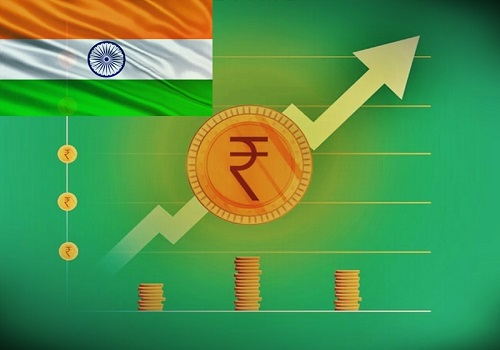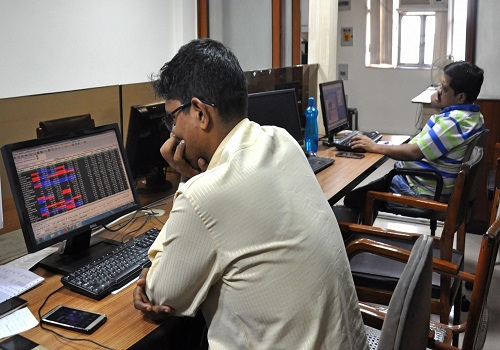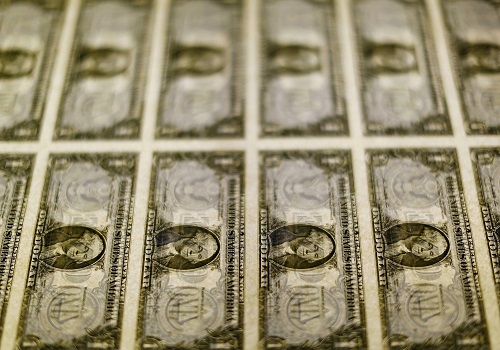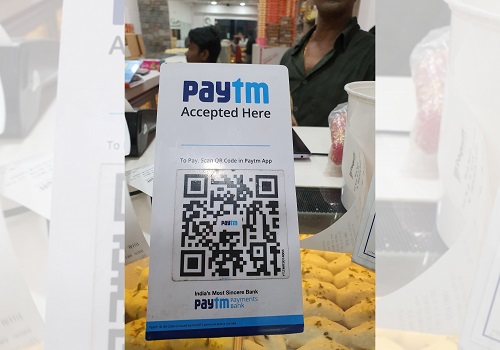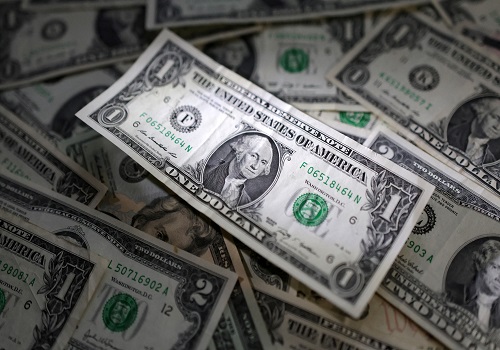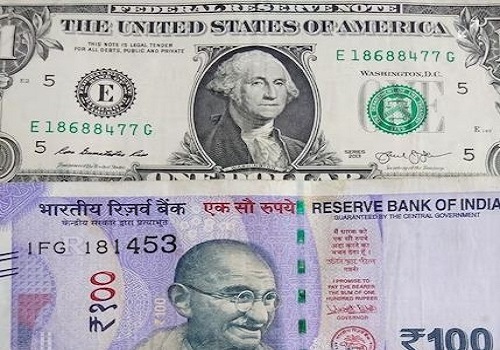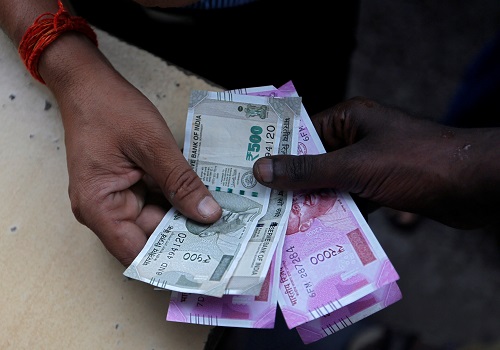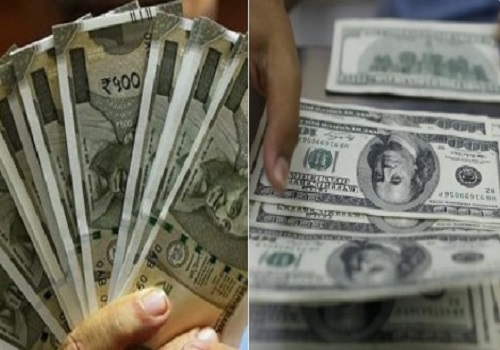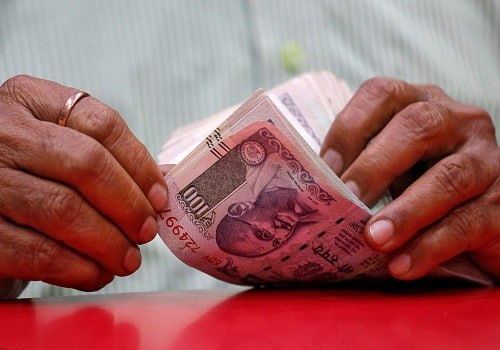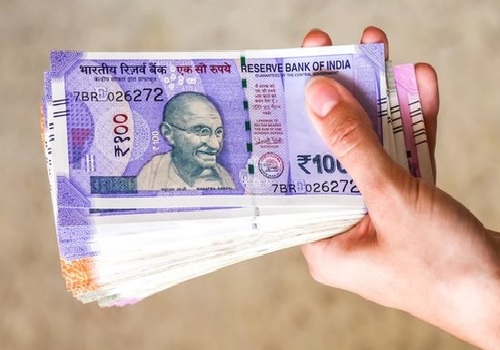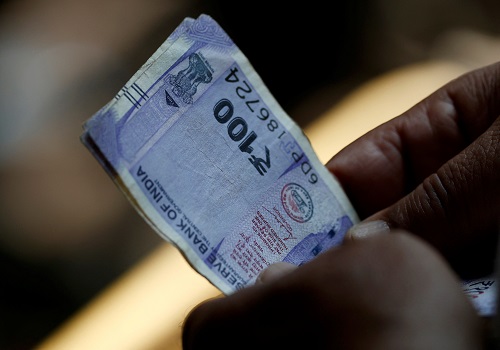Indian rupee traders less worried about US elections than rest of Asia
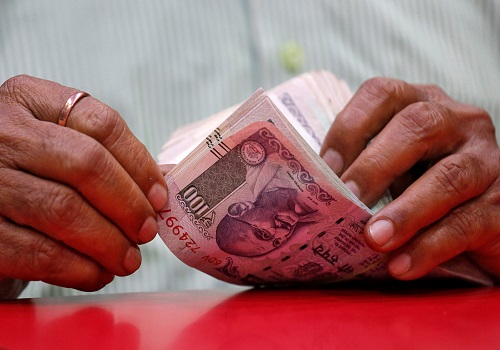
Follow us Now on Telegram ! Get daily 10 - 12 important updates on Business, Finance and Investment. Join our Telegram Channel
The options market is indicating that the Indian rupee traders were not too concerned about the potential flare-up in volatility post the U.S. elections, a distinct contrast to other Asian currencies.
The 1-month implied volatility on the dollar/rupee pair was at 2.3% on Monday, a day before the U.S. elections, nearly on par with the year-to-date daily average.
Implied volatility reflects the market's view on the potential for future price fluctuations.
In contrast to the rupee, the implied volatility on the offshore Chinese yuan was at 8.7%, more than double the year-to-date daily average.
The implied volatility on other Asian currencies ranged between 7.8% and 12.9%.
The prospect of Republican candidate Donald Trump winning the U.S. election has prompted investors to price in higher near-term volatility for Asian currencies. A Trump win would mean a renewed threat of material tariffs for China, hurting its currency, which in turn would have consequences for other Asians.
The Korean won, the Malaysian ringgit, the Indonesian rupiah and the Taiwanese dollar are the most sensitive to moves in the yuan, per a Goldman Sachs report. The rupee is the least sensitive.
"If Trump were to win, the rupee is more insulated to tariffs because India is more domestically oriented and it is less leveraged to U.S. and Chinese growth," Michael Wan, senior currency analyst at Global Markets Research Singapore, said.
Additionally, the Indian central bank keeping the currency in a narrow range over the last several days has dampened the rupee's implied volatility.
The Reserve Bank of India's regular intervention has pushed the currency's realized volatility nearly at par with the Hong Kong dollar's, a pegged currency.
The RBI keeping a lid on volatility is motivated by the need to dilute the potential impact of the U.S. elections, a person familiar with the central bank's thinking said.
The RBI is well-equipped to deal with a potential sudden outflow of foreign funds and manage the rupee's fall if Trump wins, two other people familiar with the bank's thinking said.
The rupee was quoting at a lifetime low of 84.11 to the dollar. The RBI, as it has done in recent days, intervened to limit the rupee's losses.
If it were not for the RBI's active approach, the dollar/rupee pair would be "much higher", Wan said.
